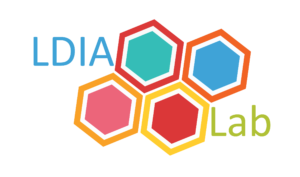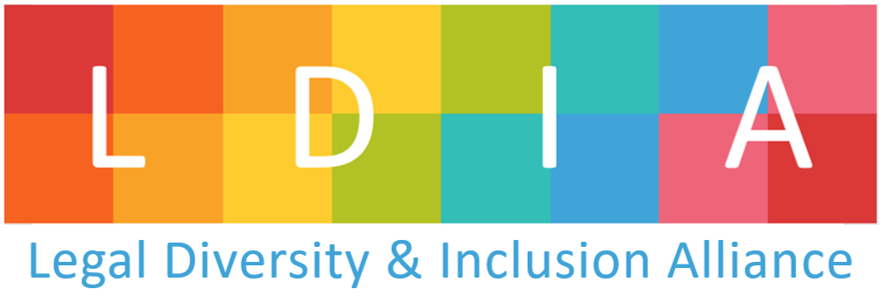TIME TO WALK THE TALK!
In May 2021, we asked LDIA members for topics that could be the subject of a LDIA Lab, a concept likened to a think tank with defined work streams and working groups in which LDIA members would come together (potentially with other third parties) to drive the DEI change agenda.

LDIA members are asked to commit to the success of the Lab and to nominate volunteers who are willing to actively participate. Law firms are invited to encourage associate participation (and to consider communicating that a block of dedicated LDIA Lab hours (to be set at each firm’s discretion) will be treated as equivalent to billable hours for yearend review/bonus purposes). We will strive to achieve a good gender balance in the volunteer cohort.
The topic of diversity and inclusion has been discussed in corporates and law firms with more or less conviction for the last decade. Traditionally, the focus has been on gender, since gender bias was (and remains) tangible in the legal profession and progress has been slow. In the aftermath of George Floyd’s death, the focus has shifted to racial and ethnic inequalities, especially in US law firms that are under pressure from their clients to change. Our societies are increasingly polarized, with different minority groups pitted against one another in often hostile debate fuelled by social media. There are deep inequalities in our societies that we ignore at our peril.
In this context, we are aware that the legal profession is not only immensely privileged, but also influential. We are busy professionals, not politicians. We cannot change the world, but we can contribute to a fairer society, and that starts with diversifying the legal profession so that it is a better reflection of society.
In the past, we have idealized the concept of meritocracy – the belief that anyone can make it regardless of their background. However, experience shows that the system does not work that way. Access to the profession of law remains limited and exclusive. Although there is broad access to university and from there to the legal profession in Belgium, the drop-out rate is high among disadvantaged students who often lack the support, the tools, and the social codes that are implicitly needed to succeed.
The LDIA Lab will comprise volunteers with a strong personal commitment to action. Law firm leadership should be represented but it will be important to involve a gender-balanced mix of lawyers and business professionals from different age groups/levels of seniority.
The topic of socio-economic diversity is broad. There is a consensus on the following principles:
- we should focus on young people and their journey from their final years of high school, through university and finding their first job.
- we should partner with our clients in this initiative and the bar associations.
- we should be inclusive, not just focusing on potential lawyers of the future, but demonstrating to young people the wide range of other professional opportunities associated with the law (and other businesses (marketing, HR, etc.)).
- we should not be overly ambitious but make early progress on some clearly defined objectives to build momentum.
By
Kat Van Nuffel, Steptoe & Co-Chair LDIA & Fiona Carlin, Baker McKenzie
